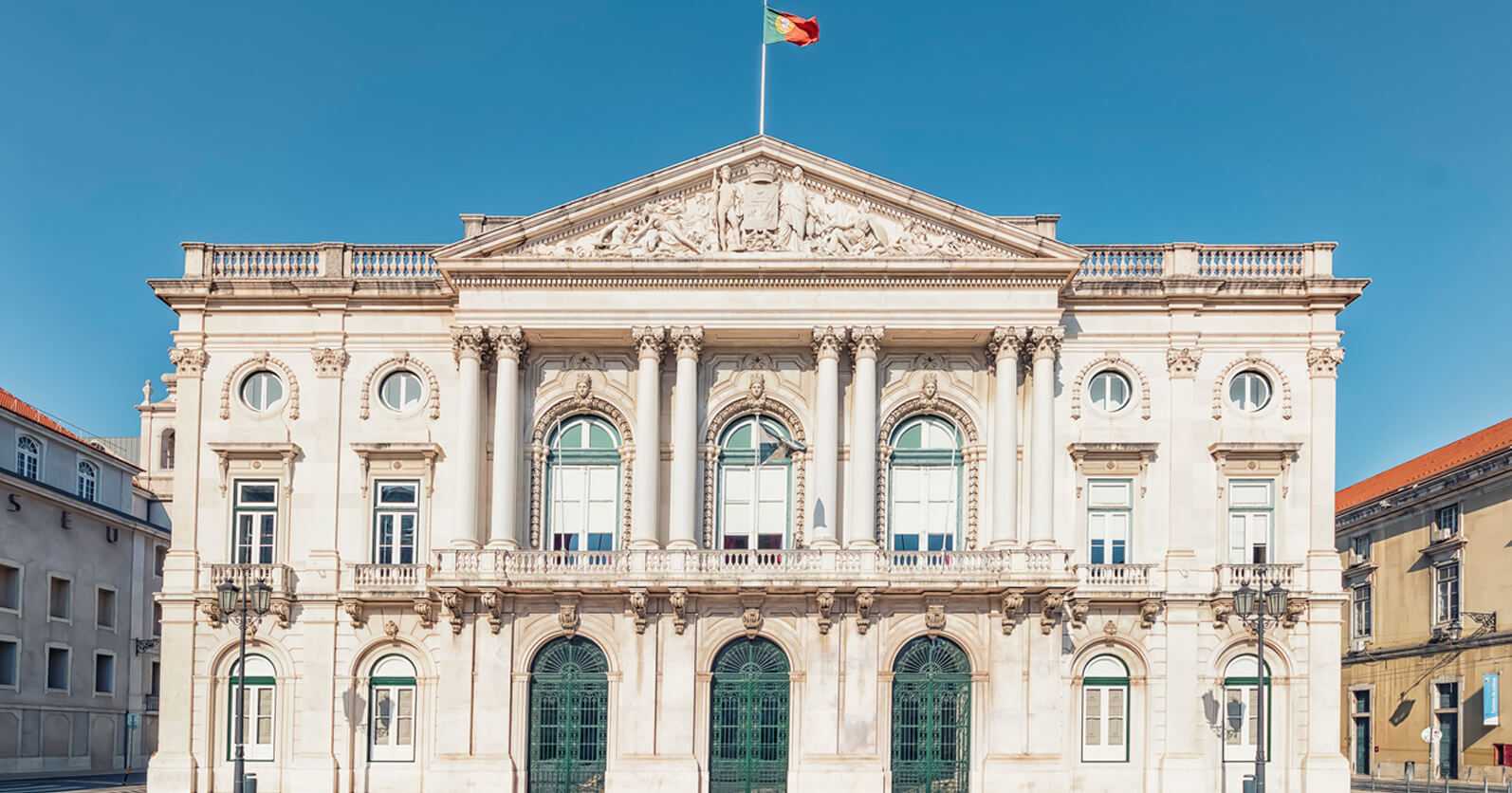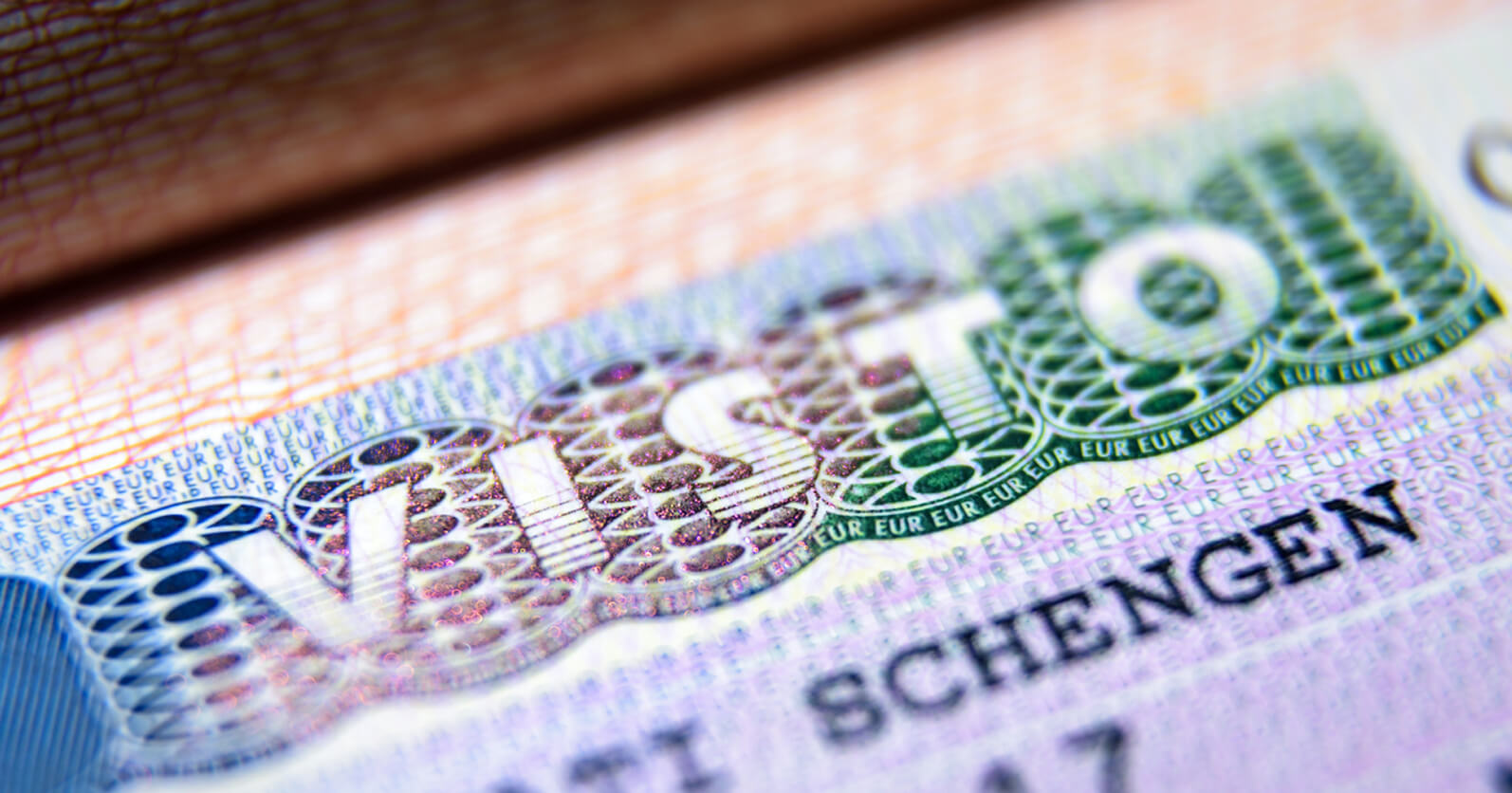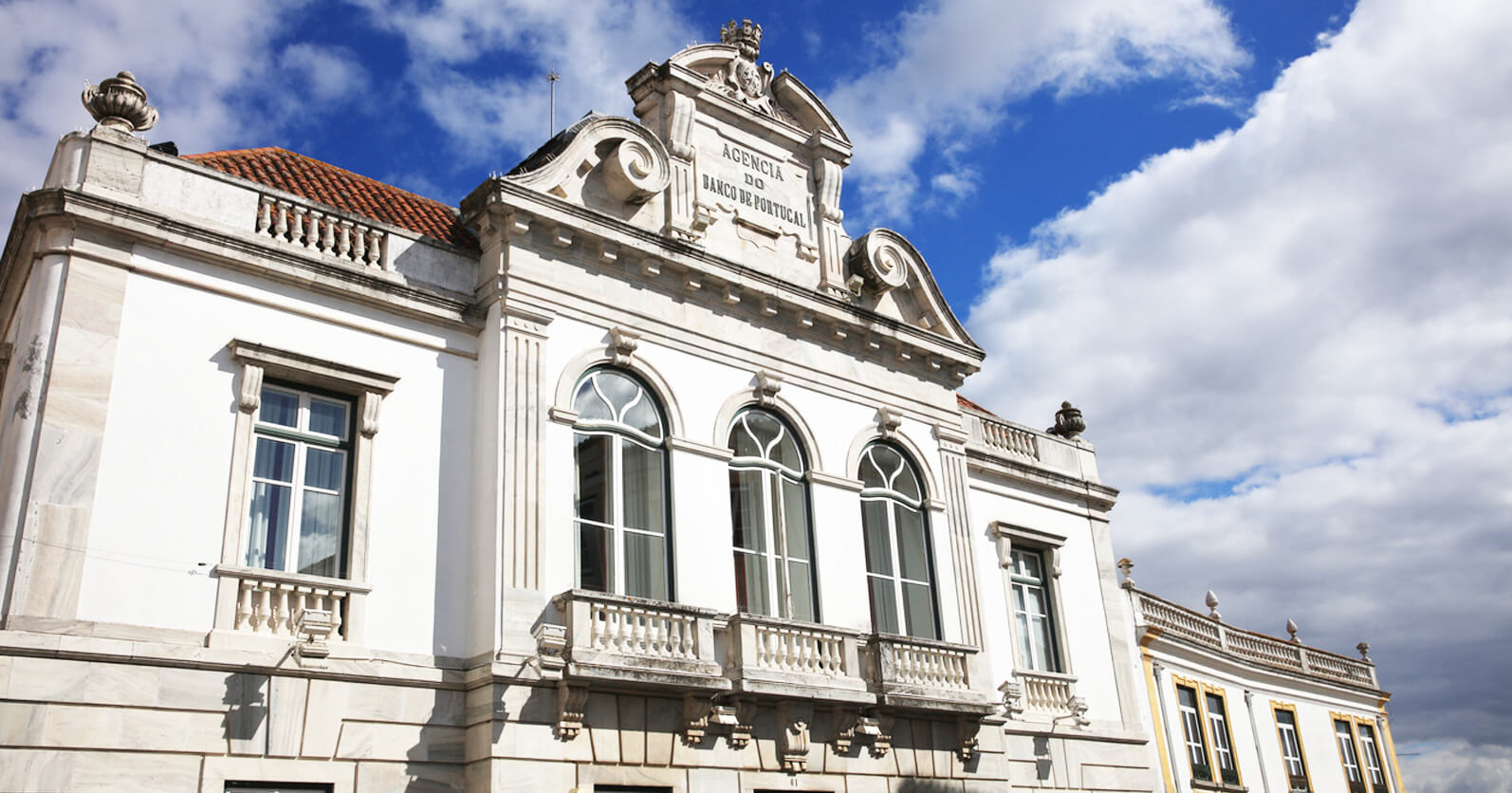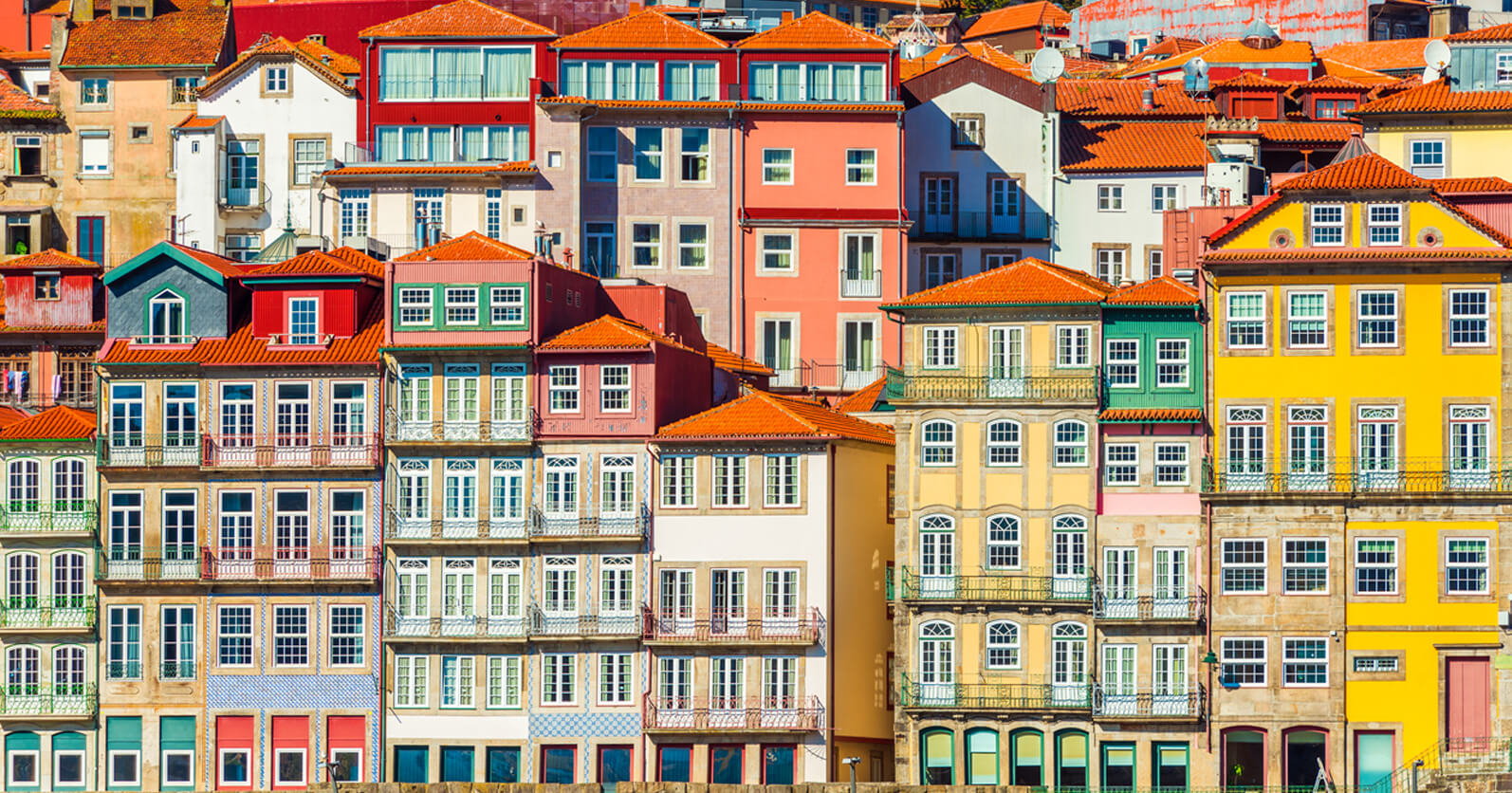
Moving to Portugal: A guide for Filipinos
Are you thinking of moving to Portugal? Make sure to follow this checklist if you plan to migrate to this beautiful Iberian country as a Filipino citizen.
Situated along the Atlantic coast of the Iberian Peninsula neighbouring Spain, Portugal is a fascinating European country rich in history. It is, in fact, one of the oldest states in Europe that have gone through several historical events and was once continental Europe’s powerhouse.
Though often overlooked by foreign travellers, the country has plenty to offer. From its awe-inspiring beauty to delightful food, and warm and welcoming locals, Portugal is an excellent choice of country to relocate to.
If you’re considering moving to Portugal, you might have a few questions on what you need to get done for a smoother relocation. Although the process is relatively straightforward, we covered a few topics to address a few questions you might have, including the following:
- Information about Portugal
- Portuguese visa requirements for Philippine passport holders
- Cost of living in Portugal
- Opening a Portuguese bank account
- Finding accommodation in Portugal
- Understanding the Portuguese healthcare system
- Sending money from Portugal to the Philippines
About Portugal

From ancient castles and cobblestone villages to vibrant cities and pristine beaches, Portugal has a multitude to offer. Given its location, it shares geographic and cultural similarities to Northern Europe and Mediterranean countries.
The latest migration data shows that Portugal is becoming a popular destination amongst migrants and has been voted as the best place to live in 2022 for expats, according to the latest Expats Exchange survey. If this excites you, then you should consider moving to Portugal.
Here are some other key facts about Portugal to give you a clearer picture of the country:
Official Name: Portuguese Republic, Portuguese Republica Portuguesa
Capital: Lisbon
Population: 10.1 million (Worldometer, 2021)
Official Language: Portuguese
Climate: Portugal generally has a warm temperate climate. Though the country’s northern region is typically colder and experiences more rainfalls, the southern area is sunnier and warmer. If you’re moving to Portugal from the Philippines, expect more frigid weather and seasonal changes.
Portuguese visa requirements for Philippine passport holders

Whatever your reason is for moving to Portugal or visiting the country, you would need a visa to enter the country if you hold a Philippine passport.
There are three different types of Portuguese visas Filipino citizens can apply for, depending on the intended length of stay:
- For up to 90 days: Short Stay visa or Schengen visa
- For up to one year: Temporary Stay National visa
- For over a year: Long Stay National visa or Residency visa
If you plan to reside in Portugal, you would need either the Temporary Stay National visa or Long Stay National visa. The Schengen visa is only valid for 90 days and is only applicable to those travelling for tourism, business, temporary work and family visit purposes.
To apply for the Temporary Stay visa or Long Stay visa, you will need the following documents:
- Valid identification or passport
- Two passport photos
- Valid health insurance
- Proof of accommodation
- Details of return travel (for Temporary Stay visa only)
- Financial evidence that you can support yourself
- Access to criminal records
You also need to be aware that Residency visas are only valid for 4 months and only allow 2 entries. You would need to request a residency permit to stay in Portugal longer.
On the other hand, Temporary Stay visas are valid throughout your stay in the country and allow multiple entries.
For more information on Temporary Stay and Residency visas, click here.
Cost of living in Portugal

The prices of goods and services in Portugal are reasonably different than those of the Philippines’. However, the living costs are generally cheaper in Portugal compared to other European countries.
Here’s a breakdown from Numbeo to give you an idea of what the prices are like of products and services in the country:
Accommodation (Monthly Rent)
City Centre
1 bedroom apartment: €581.08
3 bedroom apartment: €1,014.25
Outside the City Centre
1 bedroom apartment: €454.92
3 bedroom apartment: €742.70
Utilities (Monthly Bills)
Apartment Electricity, Water, Heating/Cooling (85 sqm apartment): €102.42
Internet: €33.64
Groceries
Rice (1kg): €0.92
Loaf of Bread (500g): €1.10
Chicken (1kg): €4.96
Beef (1kg): €9.00
Milk (1 litre): €0.63
Eggs (1 dozen): €1.73
Water (1.5 litres): €0.54
Transportation
One-way Transport Ticket: €1.65
Monthly Pass: €40.00
Gasoline (1 lire): €1.56
Taxi (1km): €0.68
Opening a Portuguese bank account

One of the things you need to get done when relocating to a different country is opening a bank account. If you’re moving to Portugal for long-term residency, opening a Portuguese bank account will make it much easier to manage your finances.
Though it’s quite tricky to open a bank account in certain countries, the great news is that it’s relatively easy to open one in Portugal. However, it’s important to note that not all Portuguese banks accept online applications. Most Portuguese banks would still require you to visit a local branch to make an application in person.
To open a Portuguese bank account, make sure to have the following required documents ready for a faster and smoother application process:
- Portuguese Tax Number or NIF (Número de Identificação Fiscal) – you can get one through a representative, either a lawyer or financial representative
- Proof of identification (e.g. passport)
- Proof of address (e.g. recent utility bill)
- Proof of employment (e.g. employment contract or payslip)
- Portuguese mobile number (to activate through SMS)
Some Portuguese banks also require a cash deposit of at least €250 when opening a new account.
Once you have your documents ready, you will need to find the best bank to accommodate your needs. There are several local Portuguese banks you can choose from, including Banco BPI, Banco Santander Totta, Caixa Geral de Depositos, Millenium BCP and Novo Banco.
It is best to do your research beforehand to find out which bank is the most suitable for you.
However, you may also opt in for big international banks, such as Barclays, Citibank, Deutsche Bank, ING Bank and many more.
Finding accommodation in Portugal

Migrants planning on moving to Portugal need to start researching accommodation before flying to the country. With plenty of options to choose from, from deluxe condominiums to luxury villas and rustic houses, it can be quite overwhelming to find the best home for you.
The prices of properties in Portugal are typically reasonable relative to the salary individuals receive. However, it’s essential to know that prices tend to vary depending on the property’s location. For instance, properties in Lisbon and Porto are generally more expensive than those located in smaller towns and suburbs.
You also need to take into consideration whether you’ll purchase or rent a property. For newcomers, it’s usually advisable to rent first to have a better understanding of the country and city you’ll live in. However, you can consider purchasing property in Portugal as an investment, as prices are continually rising in the country.
You can start looking for accommodation online or find a real estate agent, especially if you don’t speak much Portuguese. If you’re renting, you will then need to prepare the following:
- Portuguese Tax Identification Number or NIF (Número de Identificação Fiscal)
- Identification documents
- Contract (Contrato de Arrandamento)
- Security deposit
Understanding the Portuguese healthcare system

Portugal offers both public and private healthcare services. However, to give you a better understanding of Portuguese healthcare, the country’s three different systems include:
- Servico Nacional de Saude or SNS (National Health Service)
- Private healthcare
- Special social health insurance schemes (health subsystems) are based on public sector jobs (e.g. military, police, etc.)
Legal foreign residents in Portugal can usually access the country’s public healthcare. It is managed by the Ministry of Health (Ministério de Saúde), and it covers a range of healthcare services, including consultation, childbirth, specialist care and some dental care.
As Portugal’s healthcare standards are high, most residents choose to utilise subsidised state health services and pay a small fee towards contribution costs. Nonetheless, you still have the option to opt for private healthcare.
To register for public healthcare in Portugal as a foreign resident, you will need the following:
- Valid identification (e.g. passport or national ID card)
- Residence permit
- Social security card
For more information on Portuguese healthcare, visit the SNS website.
Sending money to the Philippines from Portugal

After moving to Portugal, you may want to stay connected to your family in the Philippines. Sending money is the best way to show your love for them despite being thousands of miles away from home.
Kabayan Remit will soon resume its operations in Europe, so you will be able to send money to your loved ones from Portugal with high exchange rates, low service fees and instant payout.
With a great understanding of the needs of overseas Filipino workers, Kabayan Remit provides a fast, affordable, reliable and convenient way to send money to the Philippines.
You can sign up with Kabayan Remit by clicking here.
If you need help with your remittance, you can also contact Kabayan Remit’s bilingual customer team at any time of the day.
